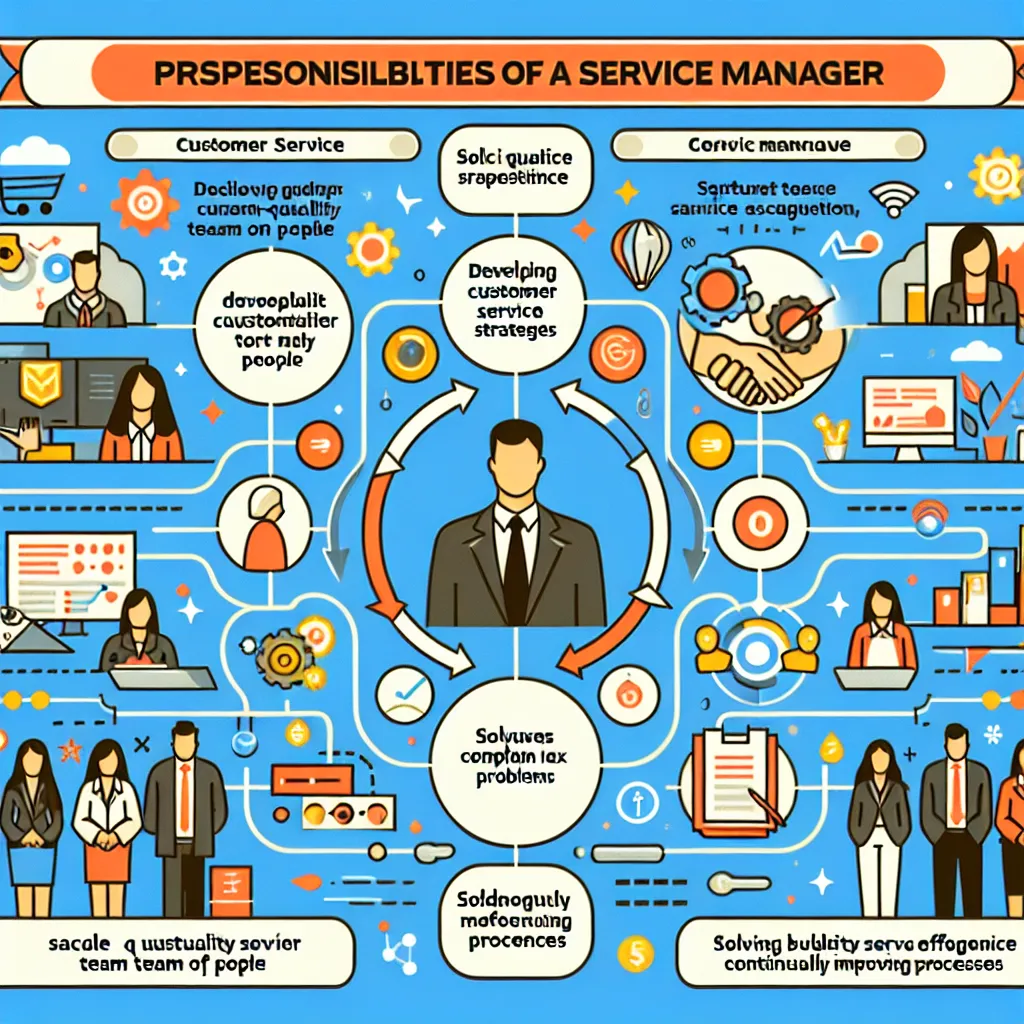Are you gearing up for an executive interview? This pivotal moment in your career requires thorough preparation and a strategic approach. In this comprehensive guide, we’ll walk you through the essential steps to ensure you’re fully prepared to impress your potential employers and secure that coveted executive position.
Understanding the Executive Interview Process
Executive interviews are a unique challenge, often more rigorous and in-depth than standard job interviews. They’re designed to assess not just your professional qualifications, but also your leadership potential, strategic thinking, and cultural fit within the organization.
Key Aspects Evaluated in Executive Interviews
- Leadership Skills: Your ability to guide and inspire teams
- Strategic Vision: How you plan for and drive long-term success
- Industry Knowledge: Your understanding of current trends and challenges
- Problem-Solving Abilities: How you approach complex business issues
- Cultural Fit: Your alignment with the company’s values and ethos
 Executive Interview Preparation
Executive Interview Preparation
Preparing for Your Executive Interview
1. Research the Company Thoroughly
Before stepping into the interview room, ensure you have an in-depth understanding of the company:
- Study the company’s history, mission, and values
- Analyze recent financial reports and press releases
- Understand the competitive landscape and market position
- Review the company’s products or services in detail
This knowledge will allow you to tailor your responses and demonstrate genuine interest in the role.
2. Understand the Role and Its Challenges
Gain a clear picture of what the executive position entails:
- Review the job description meticulously
- Research industry-specific challenges related to the role
- Prepare examples of how you’ve tackled similar challenges in your career
3. Prepare Your Leadership Philosophy
Be ready to articulate your leadership style and philosophy:
- Develop concise examples of how you’ve led teams to success
- Prepare stories that highlight your ability to navigate complex business situations
- Be ready to discuss how you foster innovation and drive organizational change
4. Anticipate and Practice Common Executive Interview Questions
Here are some questions you’re likely to encounter, along with tips for crafting strong responses:
-
“How would you describe your leadership style?”
- Focus on adaptability and situational leadership
- Provide specific examples of how you’ve led teams effectively
-
“What’s your vision for our company in the next five years?”
- Demonstrate your strategic thinking and industry foresight
- Align your vision with the company’s current trajectory and goals
-
“How do you handle conflict within your executive team?”
- Emphasize communication, empathy, and problem-solving skills
- Share a specific instance where you successfully resolved a high-level conflict
-
“Describe a time when you had to make a difficult decision that impacted the entire organization.”
- Highlight your decision-making process and consideration of multiple stakeholders
- Explain the outcomes and lessons learned
-
“How do you stay current with industry trends and innovations?”
- Discuss your professional development habits
- Mention specific publications, conferences, or networks you engage with
Practice these responses out loud to ensure you can deliver them confidently and concisely.
5. Prepare Thoughtful Questions for the Interviewers
Asking insightful questions demonstrates your genuine interest and strategic thinking. Consider questions like:
- “What are the biggest challenges facing the company in the next 12-18 months?”
- “How does the board envision the company’s growth trajectory?”
- “Can you describe the company’s approach to innovation and digital transformation?”
6. Refine Your Executive Presence
Your demeanor and communication style are crucial in an executive interview:
- Practice confident body language and maintain eye contact
- Work on articulating your thoughts clearly and concisely
- Prepare to speak about complex topics in an accessible manner
 Executive Presence
Executive Presence
Common Mistakes to Avoid in Executive Interviews
-
Lack of Specific Examples: Always back up your claims with concrete examples from your experience.
-
Focusing Too Much on Past Achievements: While your track record is important, also emphasize your vision for the future.
-
Neglecting to Show Cultural Fit: Demonstrate how your values align with the company’s culture.
-
Failing to Ask Thoughtful Questions: This can signal a lack of genuine interest or preparation.
-
Overlooking the Importance of Listening: Show that you value others’ input and can collaborate effectively.
Handling Challenging Situations
When Faced with Unexpected Questions
- Stay calm and composed
- Take a moment to gather your thoughts
- If needed, ask for clarification
- Structure your response logically, even if you’re not entirely sure of the answer
Addressing Gaps in Your Knowledge
- Be honest about what you don’t know
- Explain how you would go about finding the necessary information
- Highlight related experiences or skills that could be applicable
Follow-Up Questions and Suggested Responses
-
Q: “How would you go about learning our business quickly?”
A: “I would start by immersing myself in company data and reports, meeting with key team members across departments, and possibly even experiencing our products or services as a customer would. Additionally, I’d seek to understand our competitive landscape through market analysis.” -
Q: “Describe a time when you had to lead a major organizational change.”
A: “In my previous role, I led a digital transformation initiative that affected all departments. I started by creating a clear vision, communicating extensively with all stakeholders, and forming a cross-functional team to drive the change. We faced initial resistance, but through transparent communication and by showcasing early wins, we gained company-wide buy-in.” -
Q: “How do you ensure diversity and inclusion in your leadership approach?”
A: “I believe diversity and inclusion are crucial for innovation and organizational success. I implement this by ensuring diverse hiring practices, creating mentorship programs, and fostering an inclusive culture where all voices are heard and valued. For instance, I introduced anonymous feedback systems and regular diversity training in my last position.” -
Q: “What’s your approach to risk management in high-stakes decisions?”
A: “I believe in a balanced approach to risk. I start by gathering comprehensive data and consulting with experts. Then, I analyze potential outcomes and their probabilities. I also consider the company’s risk appetite and long-term strategy. Finally, I ensure we have robust contingency plans in place.” -
Q: “How do you foster innovation within a team or organization?”
A: “I foster innovation by creating a culture where ideas are valued and failure is seen as a learning opportunity. I implement regular brainstorming sessions, allocate resources for experimental projects, and recognize and reward innovative thinking. I also encourage cross-departmental collaboration to bring diverse perspectives together.”
Conclusion
Preparing for an executive interview requires a comprehensive approach that goes beyond standard interview preparation. By thoroughly researching the company, understanding the role’s challenges, crafting thoughtful responses to common questions, and developing insightful questions of your own, you’ll be well-positioned to make a strong impression.
Remember, the key to success in an executive interview lies not just in showcasing your past achievements, but in demonstrating how your leadership and vision align with the company’s future goals. With thorough preparation and a confident, thoughtful approach, you’ll be ready to tackle this important step in your executive career journey.
For more insights on preparing for specific types of executive interviews, you might find these resources helpful:
- How to Prepare for an Executive Leadership Interview
- Mastering the Executive Assistant Interview
- Navigating Multiple Interviews in the Executive Hiring Process
Best of luck with your executive interview!




